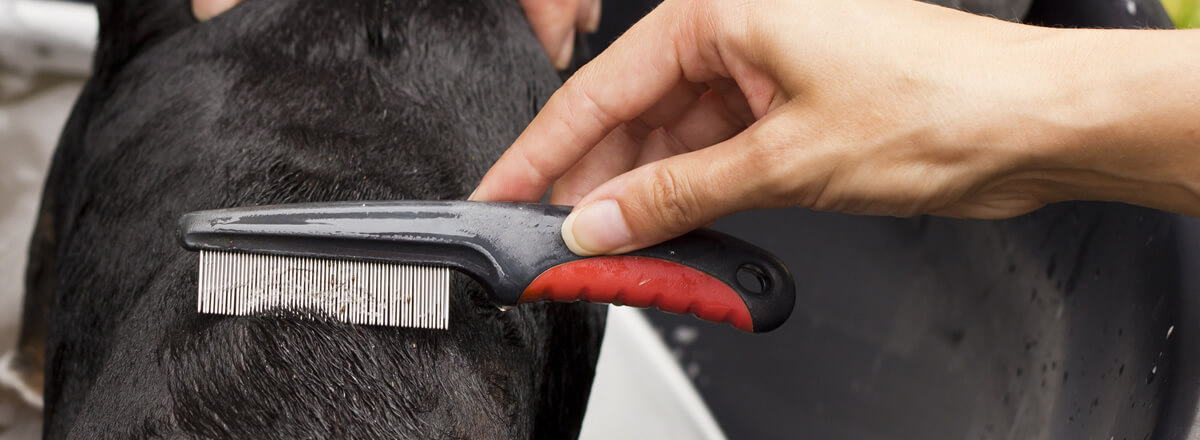How to keep fleas away
Check for common signs like flea dirt, eggs and scratching pets to see if you have a flea problem
Pest control service
Integrated Pest Management
Termite solutions
Common pest
Specialist services
Hygiene and scenting
Hygiene services
Scenting services
Space & surface treatment services
Industry & residential
My business handles food
My business doesn't handle food
MY Home services
About Rentokil Initial

Call us for a free quote on 400 820 8770 or contact us
While flea bites on people can cause distress and discomfort, your pets often suffer much more. You may notice your dog or cat scratch frantically trying to bite the fleas in their fur.
A flea bite is not particularly painful, but you will often be aware as soon as you have been bitten. You may develop some itchiness around the bite though, which could become uncomfortable, depending on your sensitivity.
Flea bites are very distinctive. Their bite marks are small, unlike mosquito bites. Here some visible signs of a flea bite:
Bites that appear as small, red bumps
A red “halo” around the bite center
Bites in groups of three or four, or in a straight line
Bites that appear around the ankles or legs (their most likely location)
Flea bites are also common around the waist, underarms, in the folds of the elbows and knees
Flea bites exhibit several common symptoms. They are very itchy, and the skin around each bite may become sore or painful. You may experience hives or develop a rash near the site of a bite. Additionally, excessive itching can lead to an infection.
How to find bites? - Look for tiny dark spots, surrounded by a reddened area with much less swelling around the bite compare to other insect bites.
Where do bites occur? - Common areas to receive flea bites are on feet or lower legs. Fleas usually jump from pets, carpets, bedding or furnishings to feed.
Immediate awareness - A flea bite is usually felt immediately, with a single flea often biting two or three times in the same area.
No initial pain - The actual bite does not really hurt. It is the itchiness that results from the body’s reaction that causes the discomfort.
Who is at risk? - Infants are at a higher risk from being bitten by fleas, particularly when playing on the floor, especially carpeted areas and or on rugs. Children also tend to be more sensitive than adults to being bitten.
You should consult a pharmacist for advice and treatment if you develop an itchy rash or eczema. These are common symptoms of an allergic reaction to flea bites. We also advise you to consult your vet if there are any signs of irritation such as reddening of the skin or there are any thin patches in your pet’s coat.
Contact our pest experts at 400 820 8770 to learn more about our flea control treatments. Using professional solutions, our expert technicians can help to quickly get rid of fleas, whilst ensuring the safety of your family and pets.